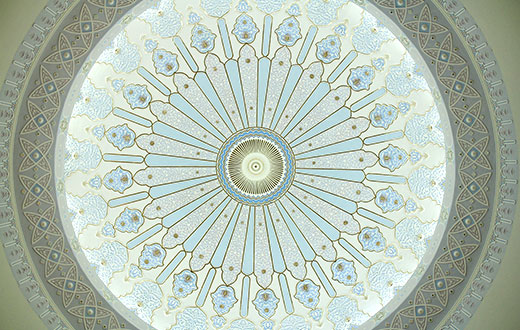
Halal has two meanings. One is that it is permissible according to Islamic law. The other is that it is healthy, clean, safe, high-quality, and nutritious. There is also a term, “Haram,” which is the opposite of Halal.
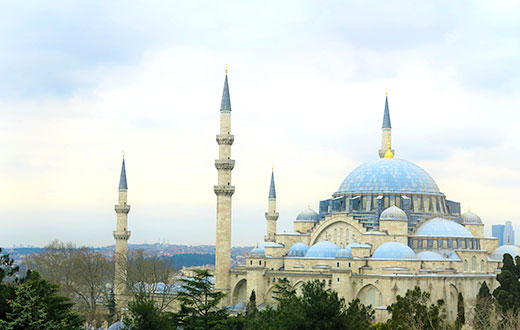
Haram is the opposite of Halal and refers to actions like lying or stealing. It encompasses activities prohibited by God, and some also use the term “Non-Halal.” Halal and Haram reflect whether something is “permissible by God” or “forbidden by God.”
| Halal 〇 | Haram × | |
| Land Animals | Chicken, beef, lamb, etc. (raised naturally and processed according to Islamic law)
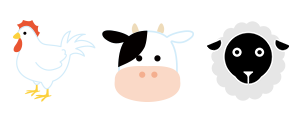 |
・Pork ・Anything harmful or unpleasant to humans, including pathogens ・Animals raised with feed considered impure by Islamic law, even if they are chickens, cows, or sheep  |
| Aquatic Animals | Natural fish, shrimp, etc. (raised naturally)
 |
・Anything toxic to humans ・Aquatic animals raised continuously with feed containing substances considered impure by Islamic law |
| Plants | Pesticide-free vegetables, wild mushrooms, pepper, peanuts, etc. (cultivated naturally)
 |
・Genetically modified plants ・Anything toxic or unpleasant to humans ・Pesticide-free vegetables cultivated with fertilizers considered impure by Islamic law |
| Beverages | Natural water, 100% orange juice, etc. (non-harmful to the human body)
 |
Alcohol-containing beverages
 |
[Reference] Examples of substances considered impure by Islamic law: dead meat, blood, genetically modified substances, substances derived from pigs
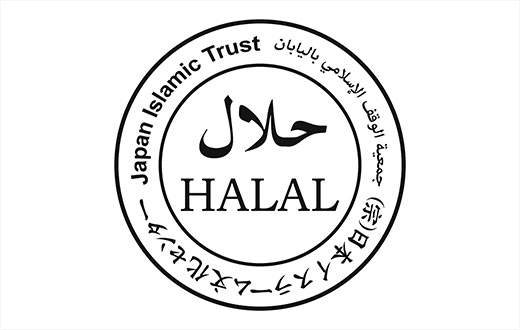
The word “Halal” is written in Arabic as “حلال”. In Romanized form, it is written as “Halal,” but it is pronounced as “Halaal.” Therefore, the correct representation in Katakana is “ハラール” (Halal).
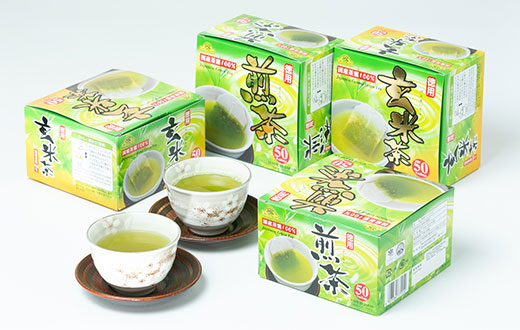
In Islam, it is essential to maintain cleanliness daily and provide only what is suitable for oneself to others. Hence, Halal products can be considered safe, healthy, and good for everyone. Halal products mainly include food and cosmetics, which can be used by anyone.
As food processing technology and logistics have advanced, it has become challenging for the average Muslim consumer to determine whether a product is Halal or Haram. Therefore, around 1970 in Malaysia, a system was introduced to guarantee that a product is Halal. This is the current “Halal Certification” system.
The Halal Certification system follows the idea of “from farm to fork,” ensuring that everything is Halal from raw materials to the moment consumers consume it. Halal certification is a guarantee that the food has been processed, handled, stored, and transported safely in accordance with proper methods recognized by Islam.
Currently, there are over 200 Halal certification bodies around the world, with more than 15 certification bodies in Japan as of December 2015.